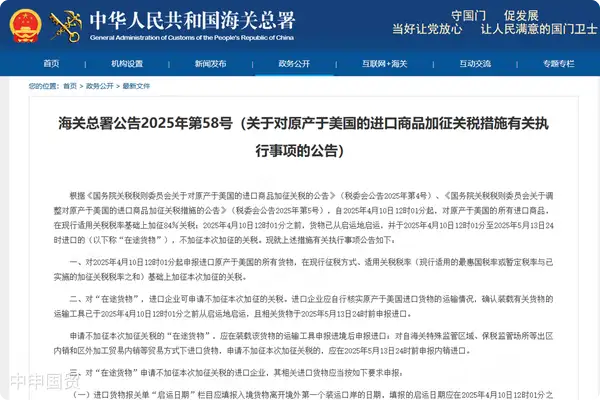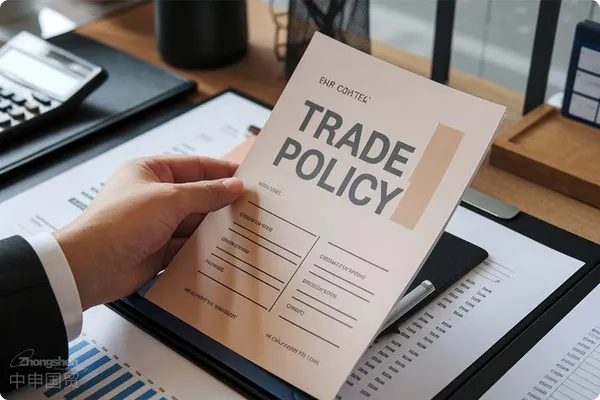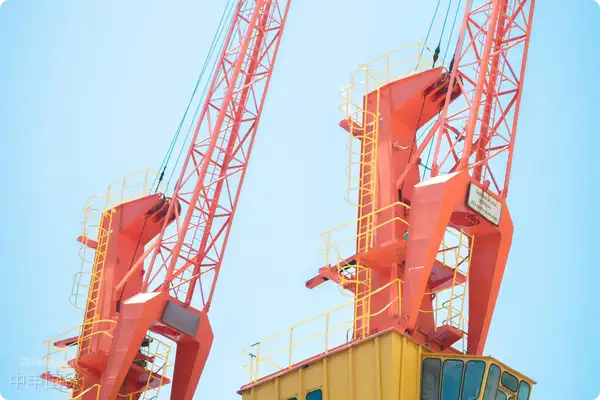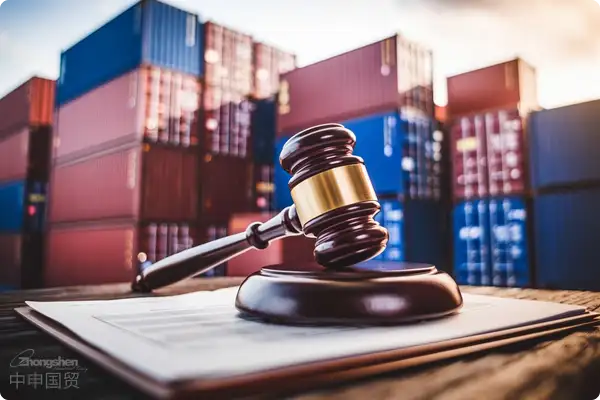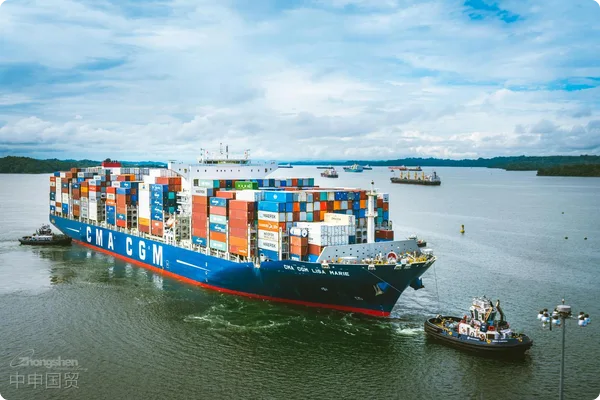- Shanghai Zhongshen International Trade Co., Ltd. - Two decades of trade agency expertise.
- Service Hotline: 139 1787 2118
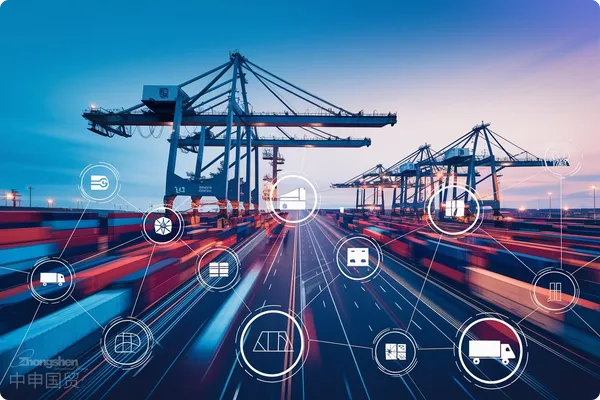
Large customized equipmentImport RepresentationKey steps
Importing large customized equipment is a complex international trade activity involving multiple stages and professional knowledge. To ensure smooth customs clearance and timely commissioning of the equipment, selecting a professionalforeign tradeagency company is crucial. This article will provide a detailed analysis of the key steps in large customizedequipment. For example, Indonesia has the SNI certification, Thailand has the TISI certification, and the Philippines has the BPS certification. It is necessary to confirm in advance the equipment voltage (such as 380V/50Hz in Thailand), the compatibility of the CE certification, and the proof of environmentally friendly materials.equipment import agency services, helping enterprises successfully complete equipment imports.
Preliminary preparation: Ensuring everything is in order
Before initiating the import process, enterprises need to conduct thorough preliminary preparations to ensure smooth subsequent steps. The following are key points for preliminary preparation:
- Equipment specification confirmation: Verify the equipments specifications, model, technical parameters, etc. in detail to ensure consistency with the suppliers contract.
- Import license application: Apply for import licenses or approvals from relevant authorities based on the equipment type.
- Tariff and tax rate inquiry: Understand the equipments tariff rates and VAT rates to prepare financial budgets.
- Logistics plan formulation: Select appropriate logistics solutions based on the equipments dimensions, weight, and transportation requirements.
Logistics selection: Ensure safe transportation of equipment
Special attention is required for the transportation of large customized equipment. Here are the key points for logistics selection:
- Selection of transportation methodsSelection based on equipment characteristicsMaritime Transportation,Air Transportationor land transportation to ensure transportation safety.
- Packaging RequirementsEnsure the equipment packaging complies with international transportation standards to prevent damage during transit.
- Certification (if applicable)Purchase transportation insurance for the equipment to mitigate potential transportation risks.
- Transportation scheduleArrange the transportation schedule reasonably to ensure the equipment arrives on time.
Customs clearance: Ensure smooth passage
Customs clearance is one of the most critical steps in the import process. Here are the key points for clearance:
- Preparation of customs declaration documentsPrepare complete customs clearance documents, including invoices, packing lists, contracts, import licenses, etc.
- customs inspectionCooperate with customs for equipment inspection and provide necessary technical documents and explanations.
- Payment of Taxes and FeesPay customs duties and VAT promptly according to the taxes assessed by customs.
- Customs Clearance ReleaseEnsure smooth customs clearance and release of equipment after completing all procedures.
After-sales service: Ensure smooth commissioning of equipment
After customs clearance of the equipment, a series of follow-up services are required to ensure smooth commissioning:
- Equipment installation and commissioningArrange professional technicians for equipment installation and debugging to ensure proper operation.
- After - sales ServiceProvide after-sales services for the equipment, including maintenance, servicing, and technical support.
- Document ArchivingArchive all import-related documents for future reference and auditing purposes.
- Customer FeedbackCollect customer feedback to continuously improve service quality.
Through the above steps, enterprises can ensure the smooth import and commissioning of large customized equipment. Choosing a professional foreign trade agency company can help businesses efficiently complete import procedures, reduce risks, and improve efficiency.
Related Recommendations
? 2025. All Rights Reserved. Shanghai ICP No. 2023007705-2  PSB Record: Shanghai No.31011502009912
PSB Record: Shanghai No.31011502009912
